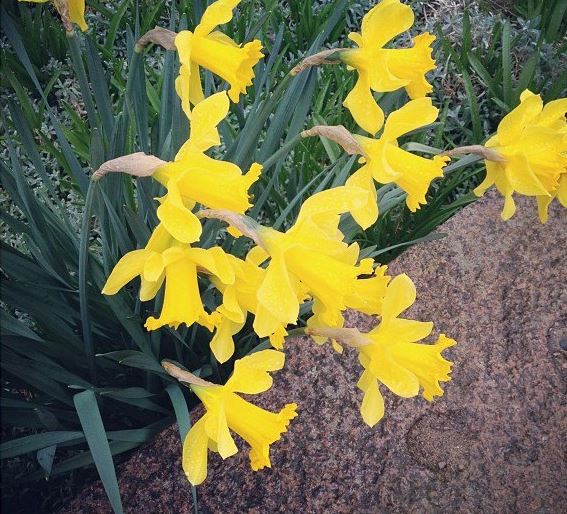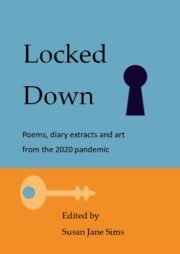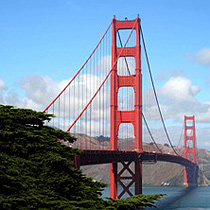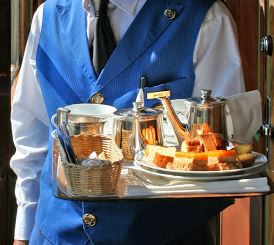We had an amazing response to the photograph above taken by Rachel McPhee-Benson and lots of votes for the ten shortlisted poems below – proving in the words of one of the poets that there is still something to say about daffodils.
The winning poem was number 3, The Daffodils were in Attendance, by Stephanie Arsoska. In second place was Yesterday’s Daffodils by Wilda Morris. Thankyou to everyone who submitted poems, to everyone who took time to read and vote and to Rachel for the lovely photograph.
Poem 1
Yesterday’s Daffodils
The daffodils
that yesterday
lifted faces to be kissed
by blue sky,
today stand in icy wind
like scolded children,
like spurned lovers.
Green-coated backs bent,
heads down,
they refuse
to lift their eyes.
Like you.
Wilda Morris
———————————————————————————————————————————————————-
Poem 2
There is still something to say about daffodils
No words left for us
to tell the glow and depth
of the golden daffy-down-dilly,
the asphodel, the Lenten lily?
The Cumbrian giant seized them all,
hewn from the plain rock of his landscape?
Not so. He did not tell
the folklore of poison and ill-luck;
or the flowers’ luminosity at night,
ghost lanterns in the twilight.
His poem recollected only the way
they filled his mind’s eye with their dancing.
Diane Jackman
————————————————————————————————————————————————————
Poem 3
The Daffodils were in Attendance.
The day you gave my hand away in love
the daffodils were gathered like spring rain.
Ballerinas poised in yellow dance
like Easter kisses painting the damp earth.
Years later trumpeted in feathered gold,
we scattered you in clouds of ashen grey.
They skirted sorrow, yellow, butter soft,
and stood with us, their gentle heads held low.
Stephanie Arsoska
—————————————————————————————————————————————————————
Poem 4
Spring Is Not Fussy
Spring is not fussy
Its soil may be gas and dust
But if there is sun enough
Some water source
The merge of life occurs
A cosmic dance of blooming
Old red stars fade away
Their tightly wound arms decay
100 billion stars or more
Galaxies in clustering death
Form streams of dynamic light
Infusing each individual bulb
Into a season of arrogant beauty
Coalescing, compressing, and
Like stars collapsing, burning
Drop into the flood of chance
And wait again.
Paul Strohm
———————————————————————————————————————————————————–
Poem 5
Revisiting Wordsworth
I wander’d lonely as a cloud
That floats on high o’er vales and hills,
When all at once I saw a crowd,
A host, of golden daffodils
Beside the lake, beneath the trees,
Fluttering and dancing in the breeze. William Wordsworth, “Daffodils” (1804)
A host? Well, yes – an army
of daffodils in phalanx: bladed leaf,
bud-tips like spears and halberds,
faces trumpeting sudden arrivals
and their own victory medallion
in the routing of Spring,
their grim sortie through dugouts,
earth-mound, snow, frost, wind
to achieve the yellowness
of celebration.
But dancing? No. Nowhere a dance:
just lances of sunlight
ransoming their flowering time
for our applause, our aahs,
our surrendered wows.
Roger Elkin
————————————————————————————————————————————————————–
Poem 6
You can’t hurry quality
You can’t hurry quality,
not the coming or the
going,
The babe will come
when it’s ready,
the old will leave
in their own good time.
So for spring
and its messengers
despite
the flood, frost
and frozen fields,
it pushes, it will come,
you can’t hurry quality.
Angie Butler
——————————————————————————————————————————————————-
Poem 7
Daffydown Dilly
Daffydown Dilly,
what are you looking at?
We know not, but we sense
longer days, warm rays;
soft pussy-willow blankets
wrap earth-birthing.
Daffydown Dilly,
why are you dancing?
We know not, but the rhythm
is steal-breath, so fresh;
we breeze-tossed is while wind
goes catkin-kicking.
Daffydown Dilly,
what can you listening for?
We know not, but its call
is a sky-blue buzzard’s mew.
Wakening seeds sleep-talk,
new stories readying.
Daffydown Dilly,
what do you hear?
That we do know.
Go hedge-seek for your wife,
sweet Robin Trill-bright!
Life we hear, coming.
Stephanie Haxton
———————————————————————————————————————————————————–
Poem 8
Daffodils
They speak with one golden voice
turning trumpet ears down to hear
the blackbirds’ rustling steps.
They’ve borrowed last year’s sun
and now return the debt with interest
crying out as we walk near
“Look at us! Look over here!
We are the earth’s true stars
and Spring belongs to us!”
Janice Windle
———————————————————————————————————————————————————-
Poem 9
Spring Phoenix
How can it be that shoots appear in soil
laid bare by winter’s frost and cast aside?
These specks of green defy the wildest gale
and hold their own amid the strongest weed.
As shadows shorten, leaves begin to grow
and bursting buds develop in the spring.
A storm of hail and thunder starts to brew:
the steadfast blackbird launches into song.
And then at last, once ice has turned to rain,
a sudden glint of sunlight strikes the earth;
for, robed in golden fire and satin sheen,
a phoenix rises from its barren hearth.
It shoots a gilt-edged flame towards the sky:
a coronet of petals crowns the day.
Caroline Gill
——————————————————————————————————————————————————
Poem 10
Beloved Parents
Widowed young in nineteen sixty
with only a penny policy
you placed a small
gravestone on father’s
resting place. Sunday
after Sunday, in daffodil
season, we carried yellow
sunshine to gladden his life.
You told me he was handsome
how he took you dancing –
off-duty time, second world war.
Twenty seven years later
you lie together.
I have replaced the old gravestone
with one that names you both
and planted a family of flowers
to reincarnate your love.
Eileen Carney-Hulme








